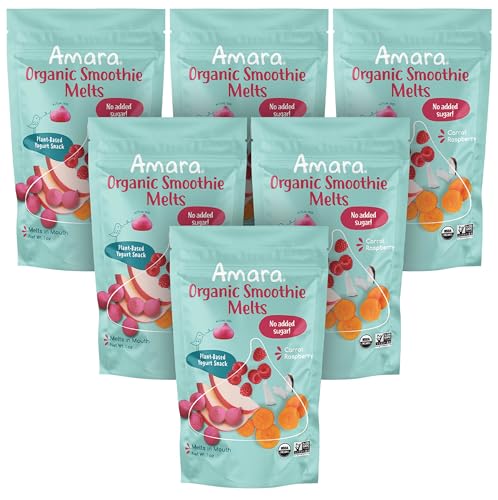Hi there, I raise giant rabbits and think I’m dealing with coccidiosis in my small herd. One of my does had a litter of 7 kits. I’ve noticed this litter has not grown as well as previous litters, just very thin overall. The litter’s sire (who I’d only owned for abt 4 months) passed away several weeks ago, seemingly without cause. About a week later, the smallest kit died suddenly at 7 weeks old. She was the runtiest, so I didn’t think much of it. The kits are now 12 weeks old, and we just lost another yesterday. Fine one day, found them completely limp and spasming the next morning, and gone by that evening. Woke up this morning to another kit completely limp and dying. I’ve raised rabbits for about a year and a half prior to this with only one loss, and am completely wrecked. It’s been suggested that I may be dealing with coccidiosis, what are y’all’s thoughts?
If this is the case, I plan to treat my entire herd, so have a couple questions.
1) What is the best medication for this? Are there any that are safe for a bred doe?
2) What is the recommended dosage per pound and treatment schedule?
3) It was recommended that I cull the remaining four kits in this litter. Is there much hope for them, or would that be the most ethical route?
4) is there any concern for breeding my does in the future?
5) is there a recommended preventative treatment schedule to implement moving forward after treating?
6) what should I be cleaning their cage with, and how often during treatment, to prevent reinfection?
Thank you guys so much for any help!
It's a familiar theme.

In my experience, it could be coccidiosis, or it could be bloat, or it could be an
E. cuniculi infection (and the list probably doesn't end there). All of those can have a variety of symptoms.
Coccidiosis
Coccidiosis will often come with diarrhea, especially if it's the intestinal type, but I've rarely seen that in my herd. I've had more trouble with hepatic coccidiosis, which usually presents as a miserable bunny that eventually develops a bloated belly (if you move the bunny back and forth next to your ear, you can sometimes hear sloshing), but is very skinny over the spine and hindquarters, and may or may not have diarrhea. Corid (amprolium) 9.6% liquid solution is what I've used, at a dosage of 1 tsp (5cc) per gallon of water - I use this as the only source of water for 5 days. If the rabbit is really badly off and I think it won't drink (though rabbits with hepatic coccidiosis often drink
more than usual), I dose it orally for five days with 1 cc per 15 pound rabbit (or 0.25 cc for a 3.75 pound rabbit, or 0.5cc for a 7.5 pound rabbit, etc.).
I would feel okay giving Corid to a pregnant doe. Some sources suggest using Corid as a prevention treatment, but I
never use meds prophylactically since there is such a growing problem with developing resistance. The prevention methods I use are good management (esp. hygeine) and breeding only healthy animals, culling the ones who have or produce problems.
The other options are ponazuril or toltrazuril (Baycox). I've only used toltrazuril once a long time ago, but these drugs supposedly completely clear the animal of the protozoa in about 3 days, rather than simply controlling the infection like amprolium does.
Encephalitazoon cuniculi
E. cuniculi infection can manifest in a number of ways including wry neck, rolling, vertigo, and/or occlusion of the eye, but sometimes it seems to be sneakier and just wreaks havoc with the health of the rabbits. I've had pretty good luck using fenbendazole (Safeguard, Panacur) or ivermectin (Ivomec).
Bloat
I've just experienced bloat in my barn for the first time. Strangely enough, the rabbits didn't actually look bloated - they were just suddenly dead. Sometimes they were sitting there normally as if they'd fallen asleep, other times they'd be on their sides. But when we opened them up, we could see the gas-filled intestines.

Some of this was due to feed problems, but I'm still not sure that was all of it.
As far as culling the remaining kits, I wouldn't. Some rabbits will be naturally healthier and more resistant to these problems, and those are ones you want to keep, not kill. If the sire died and the whole litter was less healthy than others you've had, I wouldn't not necessarily cull the doe, either, but I would definitely watch her closely in the future, and if she had another litter like this, she'd be out.
It's good to clean the cage at the beginning of treatment, then just keep it clean during and after. Coccidiosis in particular is often hygiene-related, so any buildup of poo, hair, urine, hay, etc., will give bad microorganisms places from which to ambush your rabbit.
I rarely "sanitize" with anything other than sunshine. I don't actually want a sterile rabbitry; I want healthy rabbits with vigorous immune systems. But if I
do want to clean and sterilize a cage after a contagious illness takes a rabbit, I empty the whole cage, wipe with a 10% bleach solution, and then leave it in the sun to naturally disinfect.



















































